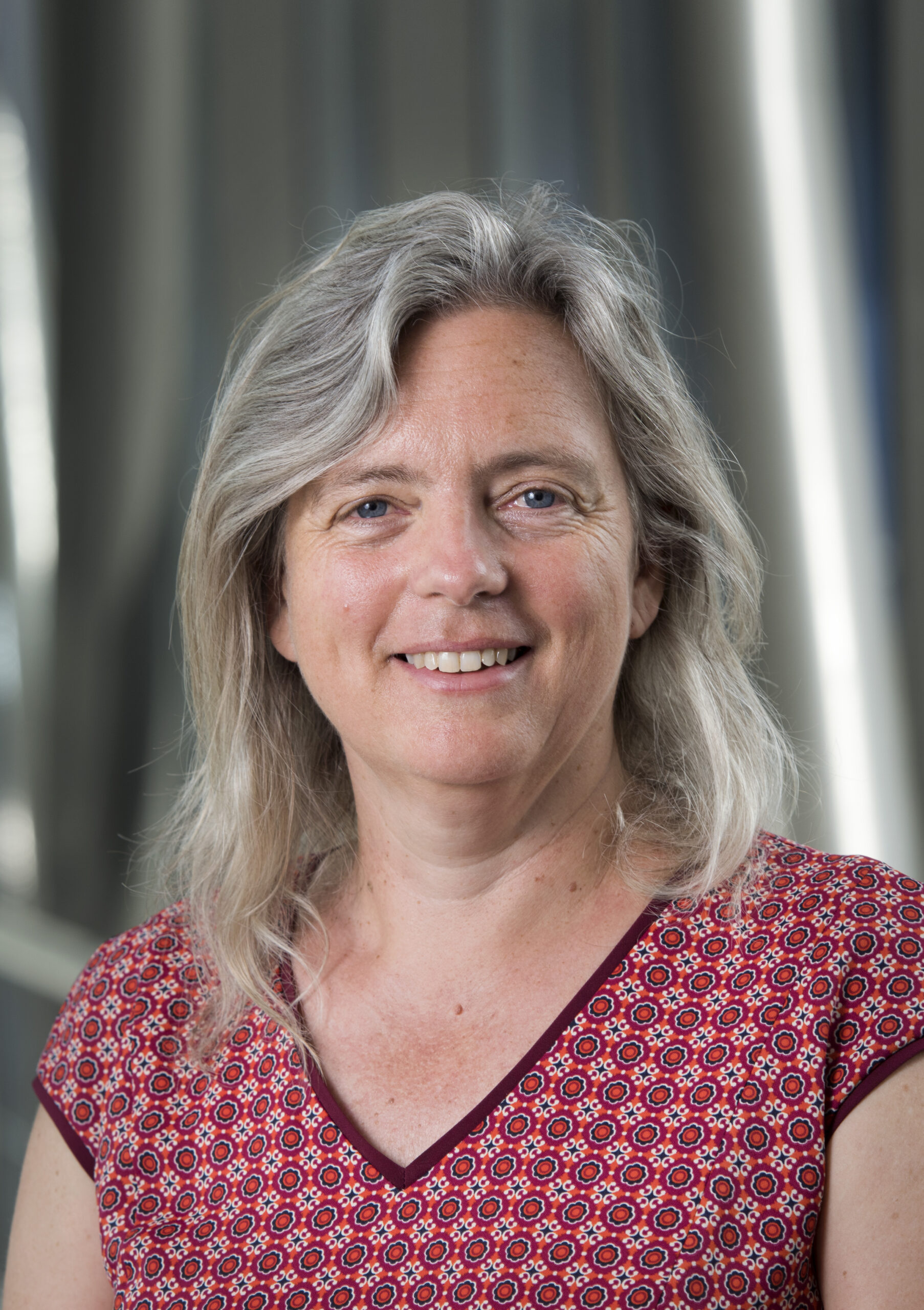
Willeke van Roon-Mom
Willeke van Roon-Mom is professor at the Human Genetics department of the LUMC and works on autosomal dominant neurodegenerative diseases that have aberrant protein aggregation as a pathological hallmark. Her work is highly translational in nature, working in close collaboration with clinical departments as well as biotechnology and pharmaceutical companies. This research has resulted in 3 published patents, some licensed to companies as well as industry sponsored research projects. Unique patient-driven fund raising initiatives contribute not only financial input, but also patient perspective to research programs in her group. Originally her main expertise was in Huntington’s disease, a brain disorder caused by a polyglutamine expansion in the huntingtin protein. However, her group is now also focusing on other polyglutamine disorders as well as a very rare disease caused by a mutation in the APP gene called HCHWA-D (Hereditary Cerebral Hemorrhage With Amyloidosis-Dutch type) also known as Katwijk’s disease. For all these disorders she studies the molecular disease mechanism, identify biomarkers and then use this knowledge to develop novel therapies.
The first clinical trial for an antisense-mediated therapy for patients with spinocerebellar ataxia type 1 is planned for the end of 2021. As co-director of the recently launched Dutch Center of RNA Therapeutics she hopes to develop treatments for patients with ultra-rare hereditary brain disorders. Using cell models, animal models and patient materials she applies and develops a wide range of molecular, genomics and biosemantics assays. She uses human induced pluripotent stem cells (iPSC) as a model system. This is such an important model system for brain research at the LUMC that she has set up an iPSC neurodifferentiation lab in the department that facilitates the use of these cells for other researchers, providing technical support and standardized protocols.
